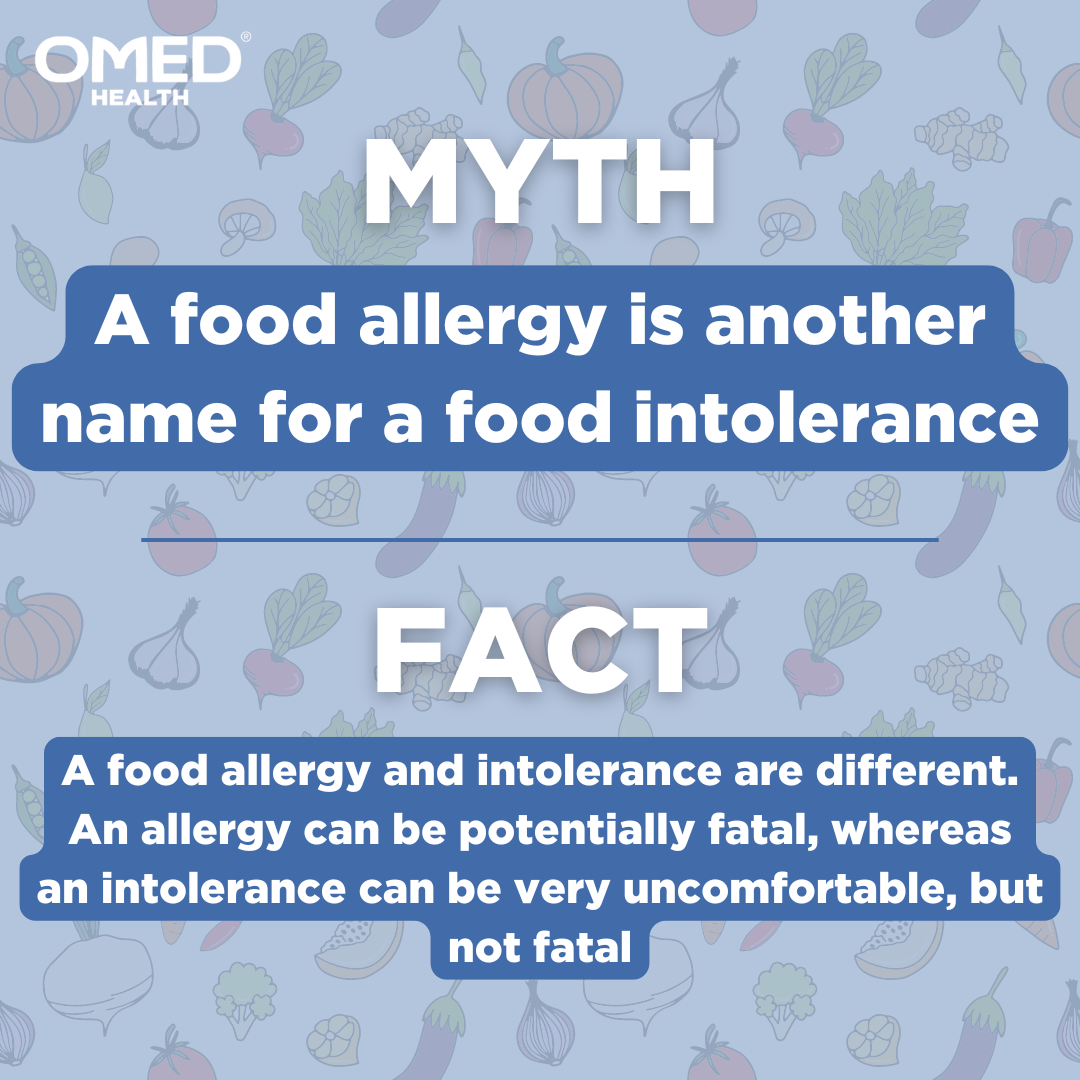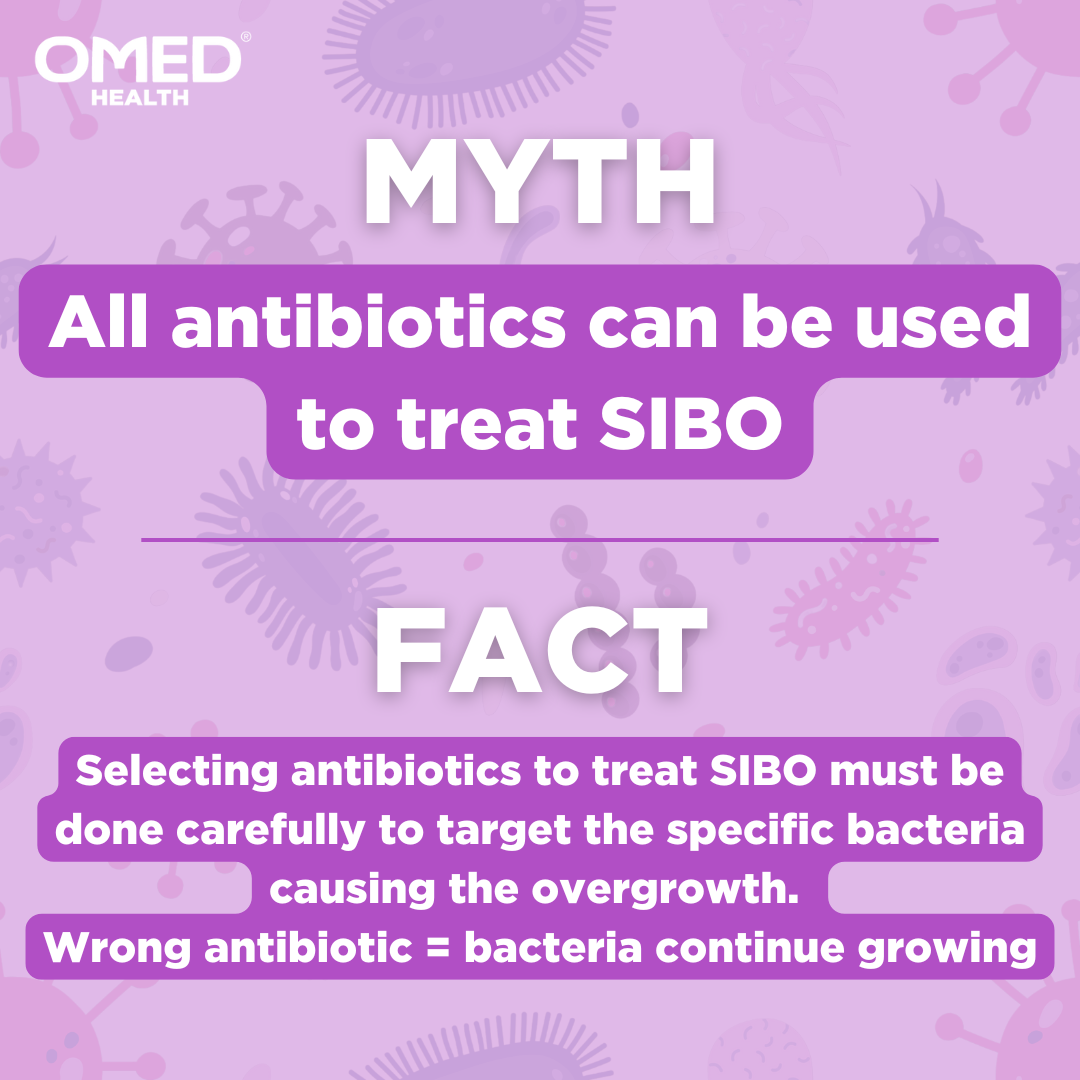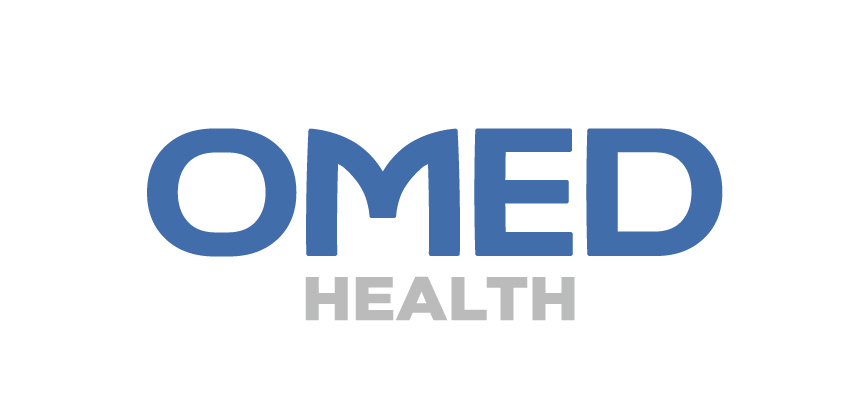Over the last few years gut health has become a trending topic in the health and wellness industry. Gut health popularity has surged from published articles and books to social media influencers discussing the latest special diets and detox remedies. However, alongside this comes a host of misconceptions and myths. This can leave many people confused and feeling unsure about what can truly support their gut health.
In this blog, we will debunk some common gut health myths and clarify the science behind the claims, so that you can best support your digestive health.
Myth: All probiotics are the same.
Truth: Probiotics are live bacteria and yeasts that are beneficial for gut health, but they are all very different. How they work in the body can vary greatly depending on each person because not only are all probiotic supplements different, but every person’s gut microbiome is different.
Extra facts:
- Lactobacillus strains of probiotics might help with lactose digestion (1). Bifidobacterium might improve immune function (2). Different strains have different effects.
- Some probiotics are made to target a specific condition such as IBS, while others are made to support gut health in general.
Advice: If you are considering including probiotics in your diet, talk to your healthcare professional. They will be able to help determine the best probiotic for your unique gut health needs. Check out our blog on probiotics for more information.
Myth: Food intolerances are just another health fad.
Truth: Food intolerances are medically recognized conditions. Some gut conditions can leave you more prone to suffering from a food intolerance (3).
Extra facts:
- Food intolerances are not life-threatening, but they can significantly affect the quality of life of sufferers through their uncomfortable symptoms.
- It is important to distinguish between food intolerances and allergies, as food allergies can be life-threatening. For example, a dairy intolerance is not life-threatening, but a nut allergy can be.
- Certain food intolerances like lactose and fructose intolerance can be diagnosed using a simple hydrogen methane breath test (HMBT).
Advice: If you think you may be suffering from a food intolerance, contact your healthcare professional who will be able to help identify the root of your gut problems. You can also check out our food intolerances eBook for more information.

Myth: Gut detoxes are a must for a healthy gut.
Truth: The human body is naturally equipped to detoxify itself without the need for any special cleanses. Most gut cleanse products lack scientific backing and can be harmful if they are misused.
Extra facts:
- Our liver processes toxins (4) and our kidneys filter waste (5). This ensures a constant cleansing process in the body.
- Some gut detoxes on the market can disrupt the natural balance of the gut microbiome, which can lead to dehydration and gut discomfort, despite claiming to have the opposite effects.
Advice: Instead of ‘detoxing’, focus on consuming a balanced diet that will naturally support your body’s detoxification processes.
Myth: My gut problems probably aren’t caused by SIBO because it’s a rare condition.
Truth: Research has shown that small intestinal bacterial overgrowth (SIBO) may be found in up to 1 in 7 healthy individuals and up to 85% of irritable bowel syndrome (IBS) patients (6). Not rare at all!
Extra facts:
- There is an overlap between SIBO symptoms and IBS symptoms, making diagnosis difficult.
- It remains uncertain whether SIBO is a cause or consequence of IBS, or perhaps both.
- SIBO can be diagnosed using a simple hydrogen methane breath test (HMBT).
Advice: If you think you may be suffering from SIBO, contact your healthcare professional who will be able to help identify the root of your gut problems. You can also check out our SIBO eBook for more information.

Myth: Prebiotics and probiotics are the same.
Truth: Prebiotics and probiotics are different and serve different purposes – but they both support a healthy gut microbiome for gut health overall.
Extra facts:
- Probiotics are live beneficial bacteria that aid the gut microbiome.
- Prebiotics are non-digestible fibers that promote the growth of beneficial bacteria in the gut.
- They have a ‘synergistic relationship’ – meaning prebiotics serve as food for probiotics, enhancing their effects on the gut microbiome (7).
Advice: Including both prebiotics and probiotics in your diet can improve your gut health. It is important to talk to your healthcare professional if you are thinking of introducing something new into your diet. Check out our blog on prebiotics for more information.
Myth: Gut health only involves digestion.
Truth: Gut health extends far beyond digestion – our gut influences various aspects of overall health and wellness.
Extra facts:
- The gut microbiome can influence our mood, stress, and mental health through the gut-brain axis.
- The gut plays a role in our immune function, as beneficial gut bacteria protect us against harmful pathogens.
- There is a connection between certain skin problems and gut conditions – the key player in this link is the gut microbiome.
Advice: Remember that good gut health contributes to your overall well-being – a happy gut = a happy you!
References
- Dempsey E, Corr SC. Lactobacillus spp. for Gastrointestinal Health: Current and Future Perspectives. Front Immunol. 2022 Apr 6;13:840245. doi: 10.3389/fimmu.2022.840245
- Chen J, Chen X, Ho CL. Recent Development of Probiotic Bifidobacteria for Treating Human Diseases. Front Bioeng Biotechnol. 2021 Dec 22;9:770248. doi: 10.3389/fbioe.2021.770248
- Cleveland Clinic [Internet]. [cited 2024 Aug 9]. Food Intolerance: Symptoms, Causes and Treatment Options. Available from: https://my.clevelandclinic.org/health/diseases/21688-food-intolerance
- Grant DM. Detoxification pathways in the liver. J Inherit Metab Dis. 1991;14(4):421–30. doi: 10.1007/BF01797915
- Dalal R, Bruss ZS, Sehdev JS. Physiology, Renal Blood Flow and Filtration. In: StatPearls [Internet]. Treasure Island (FL): StatPearls Publishing; 2024 [cited 2024 Aug 9]. Available from: http://www.ncbi.nlm.nih.gov/books/NBK482248/
- Ghoshal UC, Shukla R, Ghoshal U. Small Intestinal Bacterial Overgrowth and Irritable Bowel Syndrome: A Bridge between Functional Organic Dichotomy. Gut and Liver. 2017 Mar 15;11(2):196–208. doi: 10.5009/gnl16126
- Swanson KS, Gibson GR, Hutkins R, Reimer RA, Reid G, Verbeke K, et al. The International Scientific Association for Probiotics and Prebiotics (ISAPP) consensus statement on the definition and scope of synbiotics. Nat Rev Gastroenterol Hepatol. 2020 Nov;17(11):687–701. doi: 10.1038/s41575-020-0344-2




